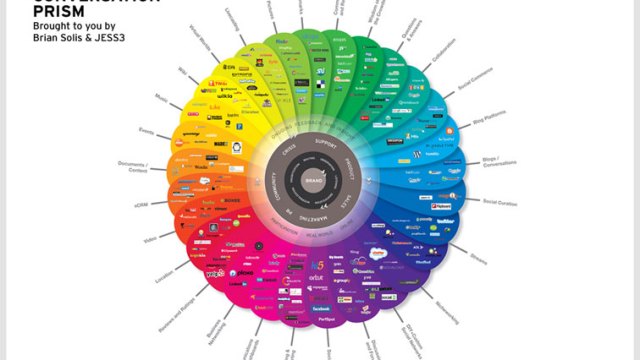Cyberwar Is Here (to Stay)

What’s the Latest Development?
There are three principle kinds of cyber attacks, says US Navy defense analyst John Arquilla. Ones that accompany conventional fighting, as when Russian forces attacked the command and control of Georgia’s military defenses as its tanks rolled into Tbilisi; standalone cyber attacks like the Stuxnet virus which infected Iranian nuclear facilities; and ‘social netwar’ where online communication networks are used to mobilize citizens in protest against their government, the most topical example of which is the Arab Spring.
What’s the Big Idea?
What are the risks of each kind of attack? Wherever substantial military offensives are undertaken, particularly when human lives are put at risk, cyber attacks will likely be used to soften the counteroffensive. Arquilla says standalone attacks are unlikely to cause any existential changes in global politics because of their limited nature and because of humanity’s capacity to endure much worse fates, like the air raids of WWII. But just as the Spanish Civil War previewed coming air battles, our times forecast greater cyber wars.
Photo credit: shutterstock.com





